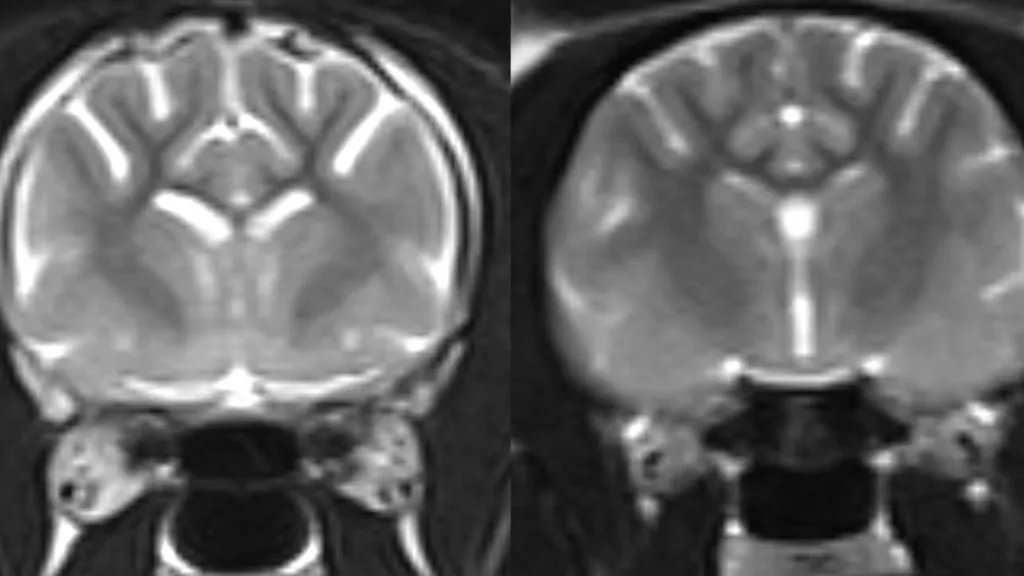Scientists have discovered that cats can develop dementia in a way strikingly similar to Alzheimer’s disease in humans — a finding that could pave the way for breakthroughs in treatment.
A research team at the University of Edinburgh examined the brains of 25 cats post-mortem. While alive, these cats had shown symptoms such as confusion, disrupted sleep, and excessive vocalisation. The analysis revealed a build-up of amyloid-beta, a toxic protein that is one of the defining hallmarks of Alzheimer’s in people.
The discovery has been described as a “perfect natural model” for studying Alzheimer’s, raising hopes that future therapies designed for humans might also benefit pets.
“Dementia is a devastating condition — whether in humans, cats, or dogs,” said Dr Robert McGeachan from the university’s Royal (Dick) School of Veterinary Studies. “The similarities we’ve identified open the possibility of testing promising new treatments for both species.”

Microscopy images showed amyloid-beta deposits within the synapses — the tiny junctions where brain cells communicate. In humans, the loss of these synapses is linked to declining memory and thinking ability. Unlike genetically engineered lab rodents, cats naturally develop these brain changes, making them potentially a more accurate model for research.
The team also observed that brain support cells — astrocytes and microglia — were actively engulfing the damaged synapses. This process, known as synaptic pruning, plays an important role during brain development but can accelerate cognitive decline when it occurs excessively.
Professor Danielle Gunn-Moore, a feline medicine specialist, believes the work could also improve how vets understand and treat dementia in cats. “It’s heartbreaking for both the cat and their owner,” she said. “Studies like this are essential to finding better ways to help them — and the knowledge gained could benefit people with Alzheimer’s and their families too.”
Animal welfare group PETA welcomed the fact that the research was conducted respectfully and only on cats that had already died, while stressing its opposition to any future testing on live cats.
The study, funded by Wellcome and the UK Dementia Research Institute, has been published in the European Journal of Neuroscience and involved collaborators from the Universities of Edinburgh and California, the UK Dementia Research Institute, and Scottish Brain Sciences.
